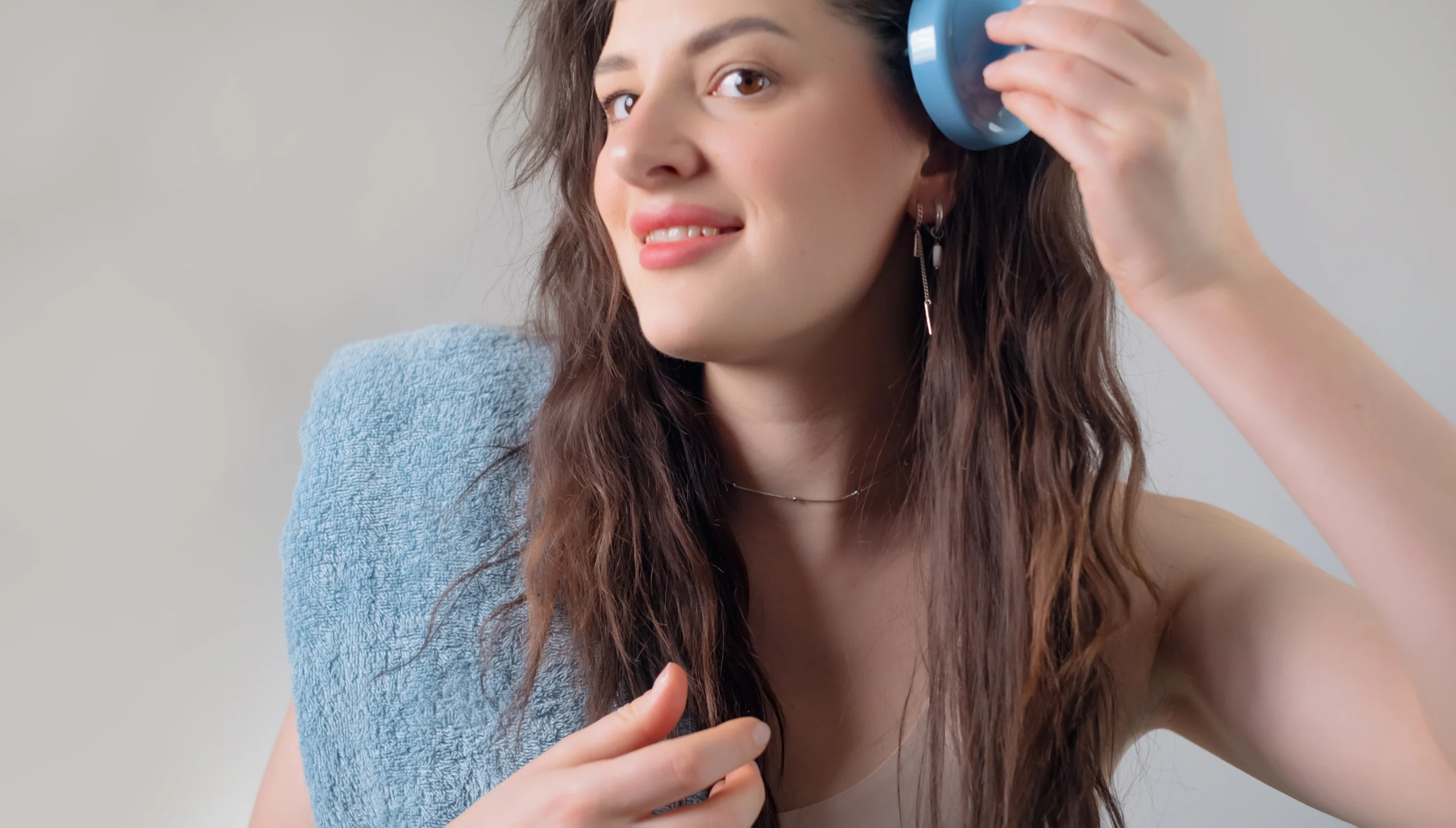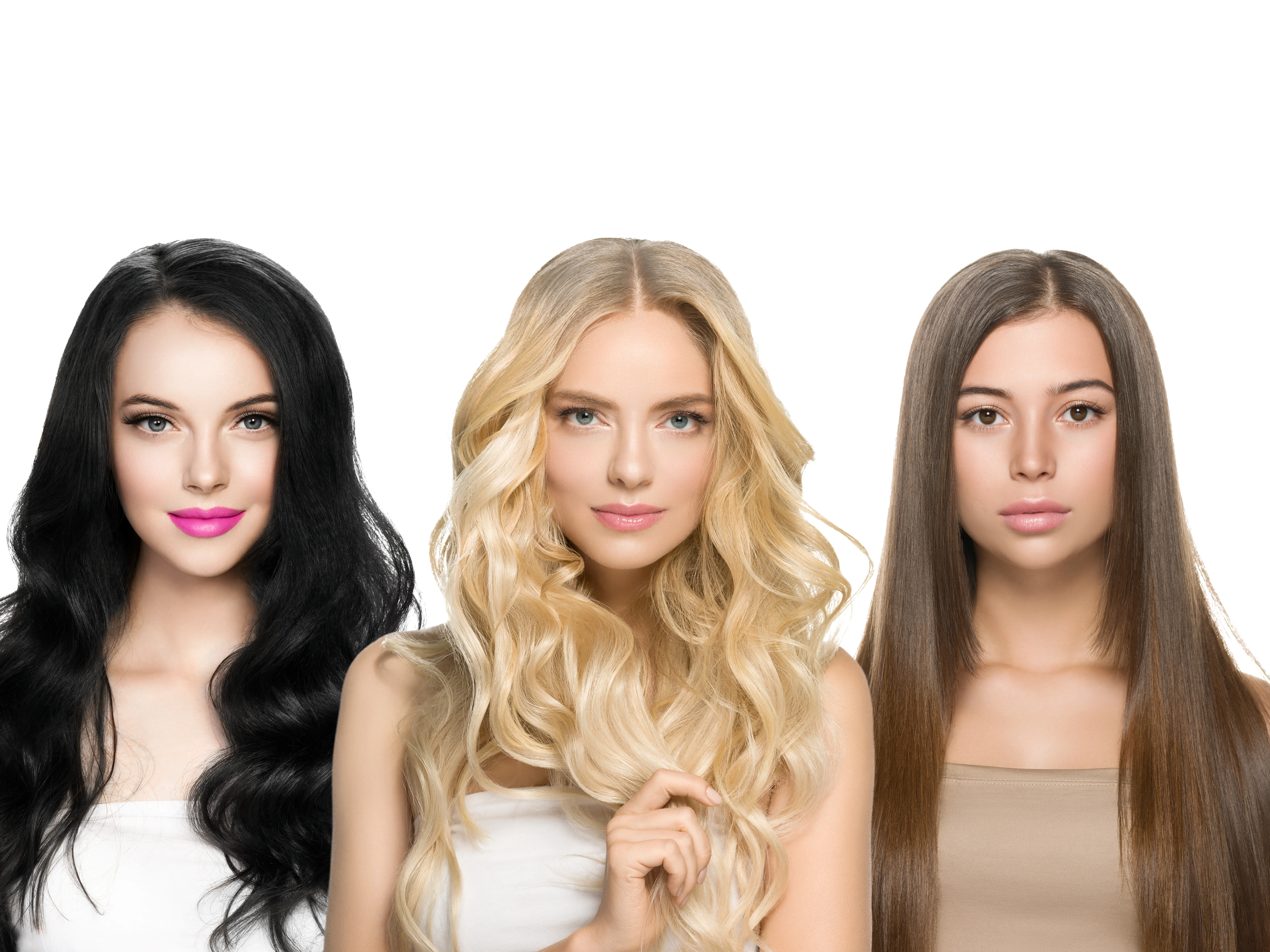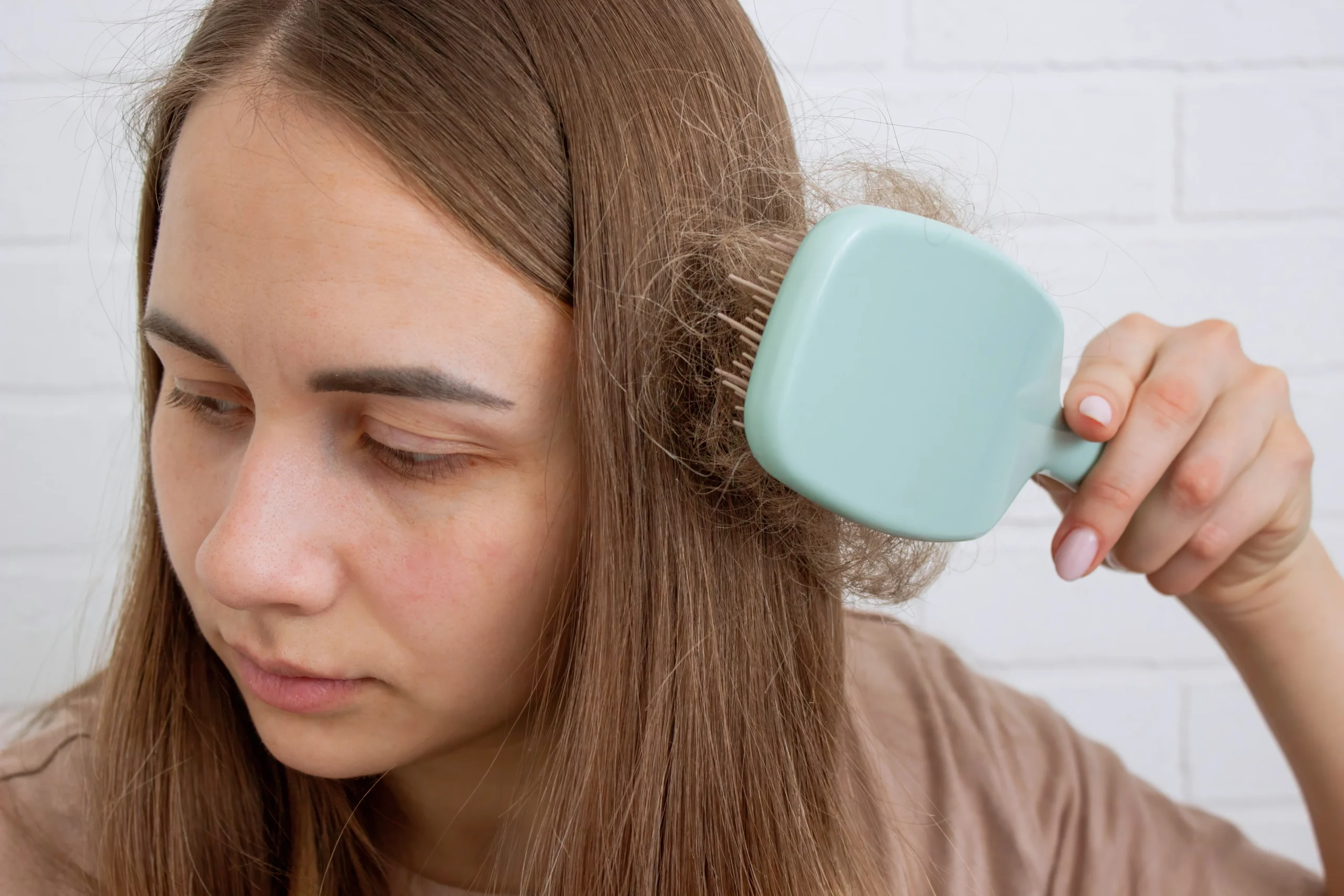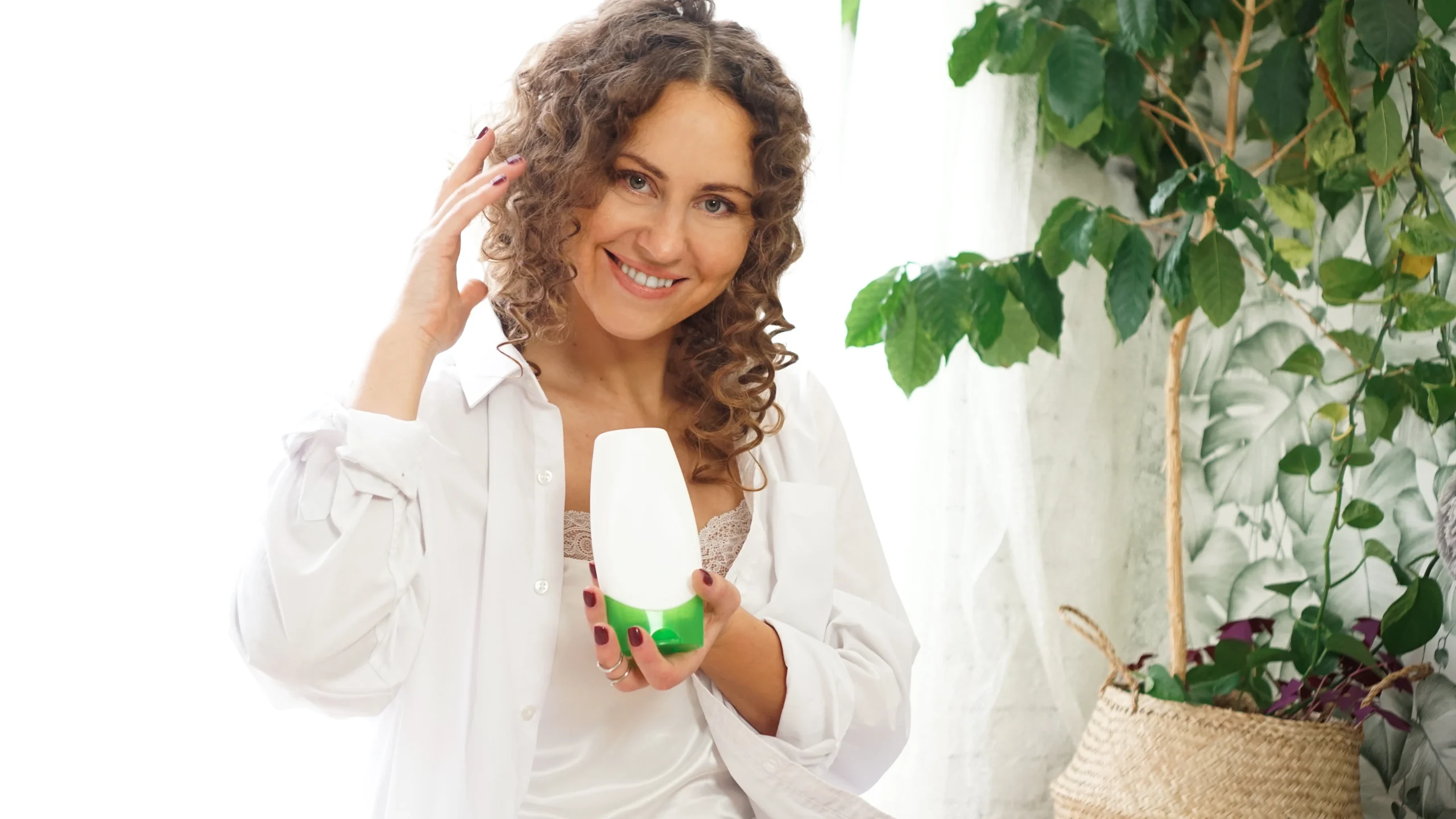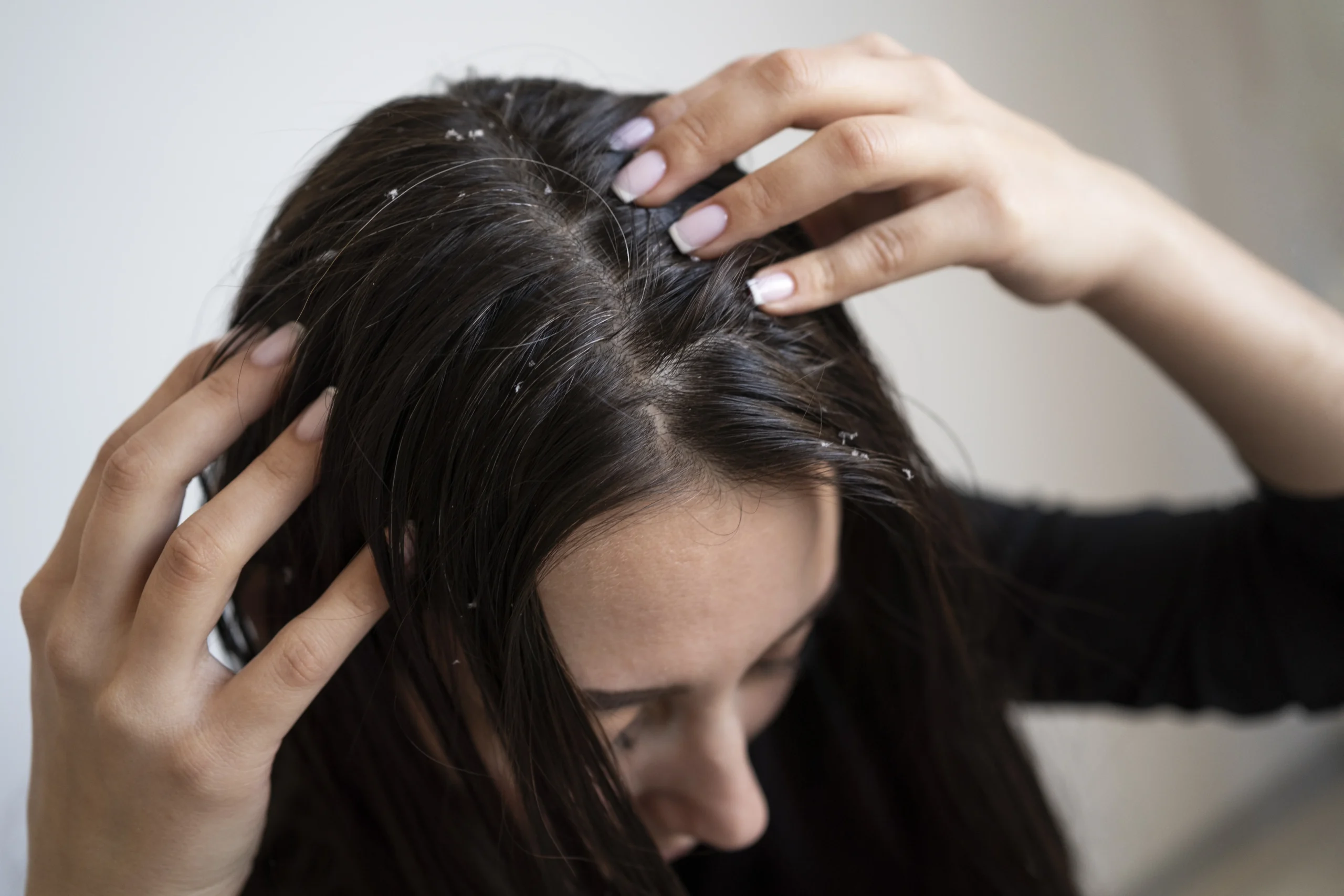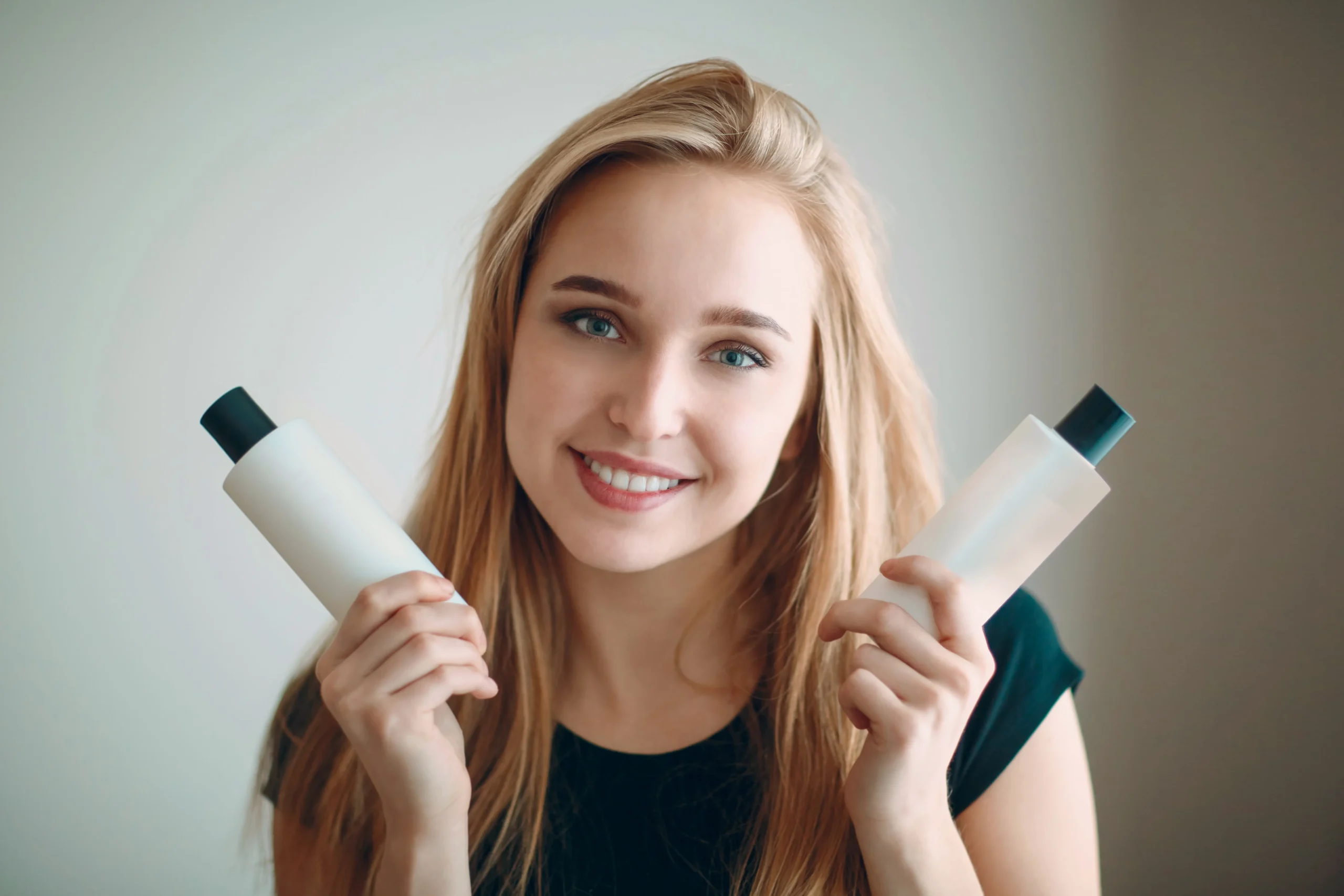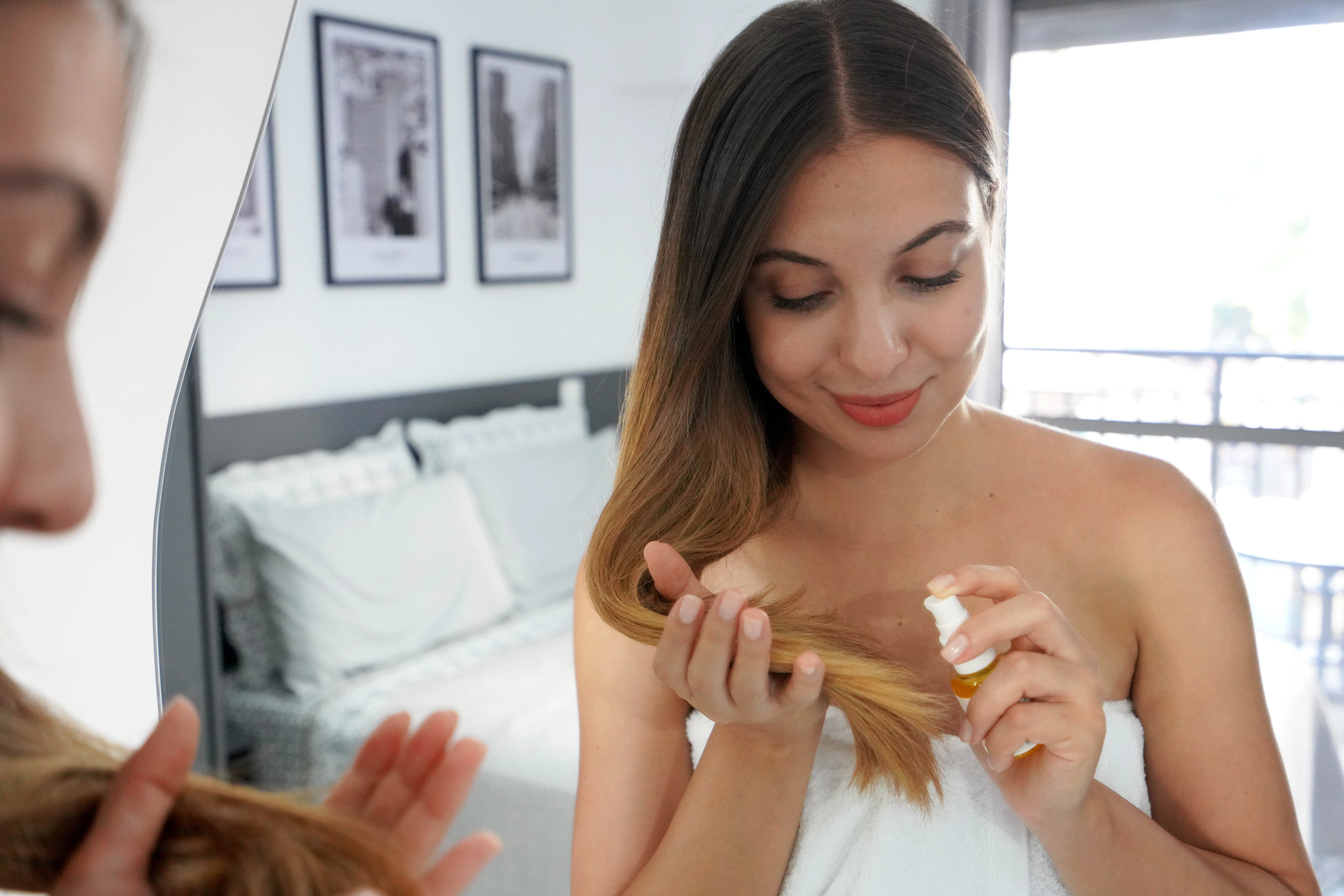The foundation of healthy, shiny hair is one thing—your scalp. Learning how to care of your scalp is the first step to achieving smooth, thick, and shiny hair. When you don’t care for your scalp, it can become dry, flaky, or overly oily, disrupting your hair’s natural growth cycle. But when you properly cleanse, hydrate, and nourish it, your scalp comes alive—and so does your hair.
Most people are busy choosing the right conditioner or serum for their hair, but forget that the scalp is also living skin that needs care, just like the face. From exfoliation of nutrition, every step affects the health and shine of the scalp. In this detailed guide, you will learn 10 proven ways to transform your scalp into a solid foundation for beautiful hair.
Why Scalp Care Is So Important
Your scalp is where each hair follicle breathes, lives, and grows. Understanding how to care for your scalp means realizing that your hair’s strength, shine, and volume are primarily determined by its health. When a sebum or product buildup layer clogs your scalp’s pores, the roots weaken, causing hair to break and grow slowly.
A healthy scalp has the proper pH balance, controlled oil production, and adequate blood circulation. It protects against bacterial and fungal infections and helps produce keratin. Regular scalp care eliminates dandruff, inflammation, and hair thinning problems in the long run.
When your scalp is cared for regularly, hair becomes more manageable, smoother, and visibly shinier. Suppose you suffer from dryness, oiliness, or sensitivity. Properly caring for your scalp can help you see positive results in just a few weeks.

How To Care for Your Scalp With Your Daily Cleaning Routine
Cleanliness is the foundation of scalp care. Knowing how to care for your scalp is essential to developing a proper hair washing habit that removes accumulated dirt while preserving natural oils.
Washing your hair too often strips the scalp of essential sebum or natural oils, leaving it dry and tight. Washing it too infrequently can cause sweat, dust, and product residue to build up and clog the follicles. The solution is to use a mild, sulfate-free shampoo formulated for your hair type.
Frequent but gentle washing can help control oil production for those with oily scalps. It’s best to use a hydrating formula with aloe vera, argan oil, or glycerin twice weekly for dry scalps. Always rinse thoroughly with lukewarm water—too hot water can irritate the scalp and increase oil production.
Regular and conscious hair washing creates a clean, breathable environment for the scalp. Over time, your scalp will regain balance, reduce itching, and stabilize hair growth.
How To Care for Your Scalp With Proper Hydration
Hydration is the biggest secret to a comfortable, dandruff-free scalp. Understanding how moisture maintains the scalp’s balance is one of the most effective ways to learn how to care for it.
Just like facial skin, it’s essential to maintain the scalp’s moisture level to prevent dryness and irritation. Drinking enogh water daily helps balance the body’s natural oils, while external moisture nourishes the scalp’s outer layer.
Jojoba or argan oil works great as a light oil; they lock in moisture without clogging pores. Apply a few drops to your scalp, massage gently, and leave on overnight. You can use a hydrating hair mask once a week for deeper care.
Regular hydration eliminates dryness and strengthens the follicles, making hair more resilient to heat and environmental damage.

How To Care for Your Scalp Through Exfoliation
Scalp exfoliation is often overlooked, but it’s a secret key to maintaining scalp health. Understanding how to care for your scalp through exfoliation means allowing your follicles to breathe and rejuvenate.
Dead skin, product residue, and dust often clog the scalp’s pores, leaving hair dull and lifeless. Once a week, a gentle scrub with natural ingredients like brown sugar, tea tree oil, or sea salt can help remove this buildup and increase circulation.
Massaging the scrub in circular motions cleanses the scalp and relaxes the nerves, improving blood circulation. Using a light conditioner after washing leaves the scalp feeling smooth and comfortable. Regular exfoliation leaves the scalp feeling refreshed, light, and ready to absorb nutrients—one of the keys to healthy hair growth.
How To Care for Your Scalp Through Proper Nutrition
When you’re learning to care for your scalp, the role of nutrition cannot be overlooked. A healthy scalp starts from the inside—with your diet. What you eat directly affects your hair’s strength, shine, and thickness. A lack of essential vitamins and minerals in your diet can make your scalp dry, itchy, or inflamed, leading to weak hair and hair loss.
Foods rich in omega-3 fatty acids, zinc, and vitamin E nourish the scalp from within. Salmon, walnuts, flaxseed, eggs, and vegetables increase blood circulation to the scalp and maintain moisture balance. Biotin, also known as the hair vitamin, “helps make keratin, keeping the scalp and advancing stronger hair growth.
Drinking enough water is equally important – it flushes out toxins and keeps the scalp soft. Herbal drinks like green tea or nettle tea detoxify the scalp naturally. When your body gets the proper nutrients, the scalp responds – it becomes more elastic, flake-free, and conducive to healthy hair growth.
A nutritious diet turns your scalp into fertile ground for growing new, lustrous hair -proving that gorgeous hair starts from within.

How To Take Care Of Your Scalp While Avoiding Harmful Chemicals
Another critical aspect of scalp care is protecting it from harmful chemicals. Many shampoos, conditioners, and styling products contain sulfates, parabens, and alcohol, which destroy natural oils and disrupt the balance of bacteria on the scalp. Sulfates create lather on the hair, but over-cleansing can leave the scalp dry and itchy.
Parabens interfere with hormonal balance, and alcohol-based sprays dehydrate both the scalp and hair. They can cause inflammation, dandruff, and sensitivity in the long run.
Instead, use sulfate-free, paraben-free, and silicone-free products. Choose herbal formulas rich in chamomile, aloe vera, or green tea extract. These soothe the scalp, reduce irritation, and promote natural healing. If you color your hair, use ammonia-free dyes or henna alternatives to avoid chemical damage.
Your scalp is living skin that absorbs everything you put on it, so caring for it as gently as possible is essential. Using clean, skin-friendly products keeps the scalp calm, balanced, and conducive to healthy hair growth.
How To Care for Your Scalp According To Your Hair Type
Scalp care means understanding that everyone’s scalp is different. Different hair types require different levels of care, moisture, and cleansing. If your hair is oily, use a clarifying shampoo frequently but gently, which helps control excess oil. Avoid using heavy conditioners on the roots.
For dry hair, the primary focus will be moisture—use an oil-based hair mask and avoid overwashing. Scalps tend to be drier with curly or coily hair. Use a moisturizing cream, choose sulfate-free products, and gently detangle hair to prevent irritation. Oil can build up quickly with fine or straight hair, so use a lightweight formula. Exfoliate your scalp once a week to keep follicles clean and open.
The key is balance—adjust your care routine according to your scalp’s response, and you’ll see healthy results in the long run. When you care for your hair type, your scalp stays balanced, strong, and naturally radiant.

Scalp Care Through Lifestyle Changes
Scalp health is actually a reflection of your overall well-being. Hair base care can be achieved through a few lifestyle changes, which are more effective than external care. Stress, lack of sleep, smoking, and pollution can wreak havoc on the scalp. Chronic stress constricts blood vessels, preventing adequate nutrients from reaching the hair follicles. So yoga, deep breathing exercises, and meditation can help calm the scalp and the mind.
Sleeping helps with cell regeneration, allowing your scalp to repair itself at night. Wear a hat or use a hair spray with SPF outside to protect yourself from the sun’s UV rays. Regular exercise increases blood circulation, so your follicles get enough oxygen, which is vital for hair growth. When your lifestyle is aligned with scalp health, every step of your hair care routine becomes more effective.
Common Scalp Problems And Their Solutions
No matter how well you learn to care for your scalp, problems can occasionally arise due to stress, environment, or hormonal changes. Common issues include dandruff, buildup, itching, or sensitivity, which are easily resolved with regular care.
Dandruff is usually caused by a fungal caused by a fungal infection or dry skin. Use an anti-dandruff shampoo with zinc pyrithione or tea tree oil twice weekly. You can use a natural scrub or an apple cider vinegar (diluted in water) rinse to remove product buildup. Avoid scratching if your scalp is itchy or inflamed – it damages the skin barrier. Instead, soothe it with aloe vera gel or cold-pressed oils.
Use a lightweight, pH-balanced shampoo for an overly oily scalp and avoid overwashing. Patience and regular care are key—your scalp can restore itself with the proper care and time.
Discover More Articles On Makeup And Beauty Here

Final Thoughts On How To Care For Your Scalp Care
Learning to care for your scalp is the foundation for a journey to beautiful, healthy hair. Your scalp is more than just skin—it’s a living ecosystem that needs regular cleansing, moisture, and nourishment to function correctly.
When you follow these proven methods regularly —proper washing, a balanced diet, massage, and natural oils—your scalp will become fertile ground for beautiful and strong hair. Take care of it regularly, understand your scalp’s needs, and remember that beautiful hair always starts with a healthy scalp.

